IBM on Wednesday announced a new program that's designed to help large enterprises incorporate Macs within their existing IT infrastructures, making it easier than ever for corporations to transition to Apple's OS X platform.
The newly announced program utilizes cloud-based IT services that IBM says will help clients to quickly, easily and securely integrate Macs within their enterprise systems and applications. In a press release announcing the program, IBM noted that shipments of Macs have outpaced the overall PC market every year for the last decade.
IBM's MobileFirst Managed Mobility Services will utilize Big Blue's own experiences from its internal Mac@IBM program. IBM's ongoing partnership with Apple to push enterprise adoption allowed the company the opportunity to commercialize its own efforts.
Clients of IBM will now be able to order Macs and have them delivered directly to their employees without any additional setup, configuration or imaging. IBM says this will save companies time, reduce costs, and create a better employee experience.
IBM's services include the entire suite of Mac models: 12-inch MacBook with Retina display, MacBook Air, MacBook Pro, Mac mini, iMac, and Mac Pro. The services also feature the Casper Suite from JAMF Software and IBM's enterprise integration and support services.
"Ease of adoption and use are at the foundation of every Apple product, and as these devices are used more in the workplace, people expect the same experience they enjoy with Apple technology in their personal lives," said Richard Patterson, general manager, Infrastructure Services, IBM Global Technology Services. "IBM's new enterprise services ensure a great user experience for clients using Macs, providing world-class support from installation through the life of the product."
The new Mac-based product offering joins the rest of IBM's established MobileFirst services portfolio, which already includes support for Apple's iPhone and iPad. IBM will provide clients with OS and image management, software application and update management, an enterprise app catalog, automatic compliance and configuration updates for security, and inventory and reporting for hardware and software. Self-help resources are also available for users.
"Today's announcement is a powerful testament to the growing demand for Apple technology in the enterprise and to the strong relationship between IBM and JAMF to help organizations inventory, deploy and secure their Apple devices," said Dean Hager, CEO, JAMF Software. "This is a great opportunity for us to work with IBM in helping businesses and other large organizations succeed with Apple."
 Neil Hughes
Neil Hughes
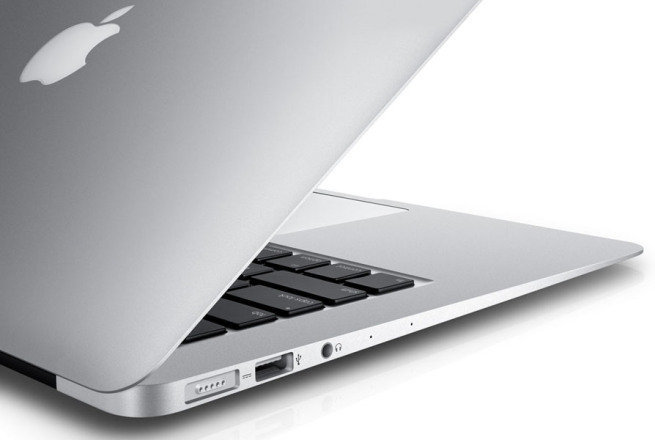
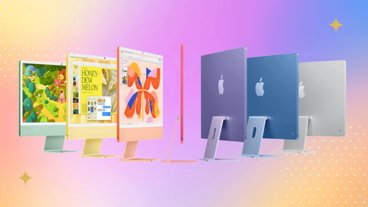
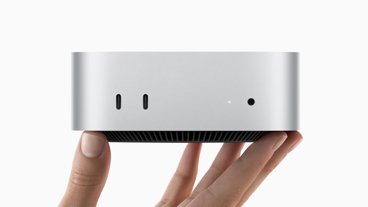
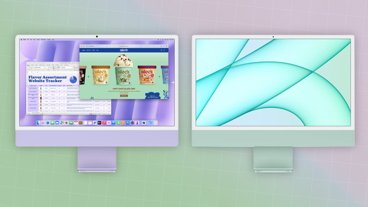


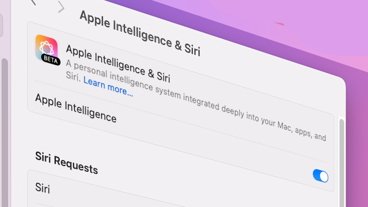
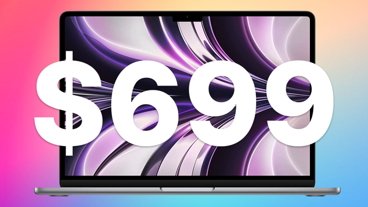



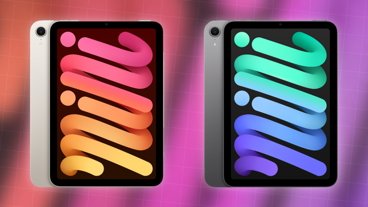

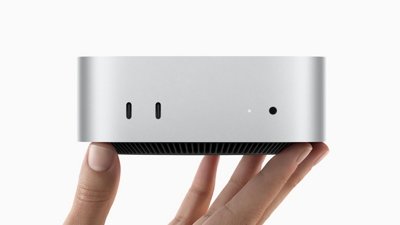
 Malcolm Owen
Malcolm Owen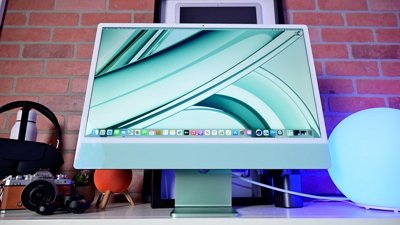
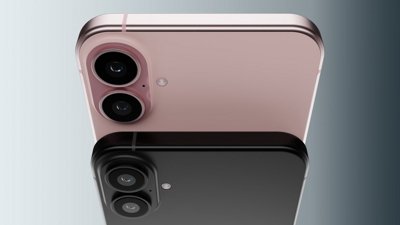
 William Gallagher
William Gallagher
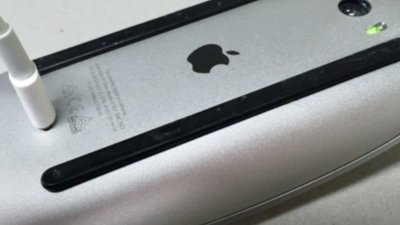


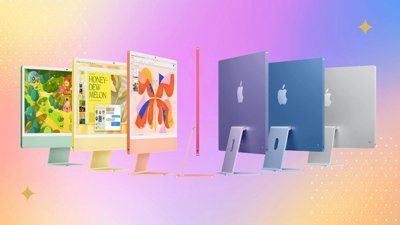
 Christine McKee
Christine McKee







83 Comments
IBM's really been throwing Microsoft the middle finger lately.
Looks like IBM is going all in trying to become the premier Mac@Enterprise service provider. This is great. The most annoying thing for me right now is using my bash shell locally, then remoting in to my Windows machine at work.... going to the "dos shell" having everything backwards - Cntrl vs Cmd, / vs \, and just a bunch of different commands, which is then completely different than telneting into their IBM server (which unfortunately is setup with just bare shell no history) and then having it reversed again. If Windows had a full bash shell natively (power shell is a piece of crap) where everything is uniform... it would be great. I have been able to bypass IT and install some of my own utilities (took uploading attachments in email, then downloading the attachments on the otherside) to make it more uniform....
I am hoping that this is big enough to move the needle a little higher over the coming year with regards to mac sales.... more people on my prefered platform the better....
Are these systems still being tied to an Active Directory environment or is IBM providing an alternative method? I'm sure people will pooh pooh Apple's implementation of Open Directory but without an alternative to AD, all Macs will still be considered a stepchild to PCs even if the servers are all supplied by IBM.
I appreciate IBM's move to buy more Macs for themselves and to provide configured Macs to IBM customers but someone big has to take the leap and decide a Microsoft-centric environment isn't necessary to stay in business before Macs finally become the primary desktop platform.
The sad truth is, many businesses will stick with PCs (Dell, HP) because they feel they're less expensive. The smarter ones will realize the cost of hardware is far from the main factor deciding cost.